In a world fueled by emerging technologies, Virtual Reality (VR) has emerged as a powerful tool transforming industries, and real estate is no exception. As per Grand View Research, The value of the global VR market, estimated at nearly $60 billion last year, is projected to grow significantly, marking a compound annual growth rate of 27.5% through 2030.
The Rise of VR in Real Estate:
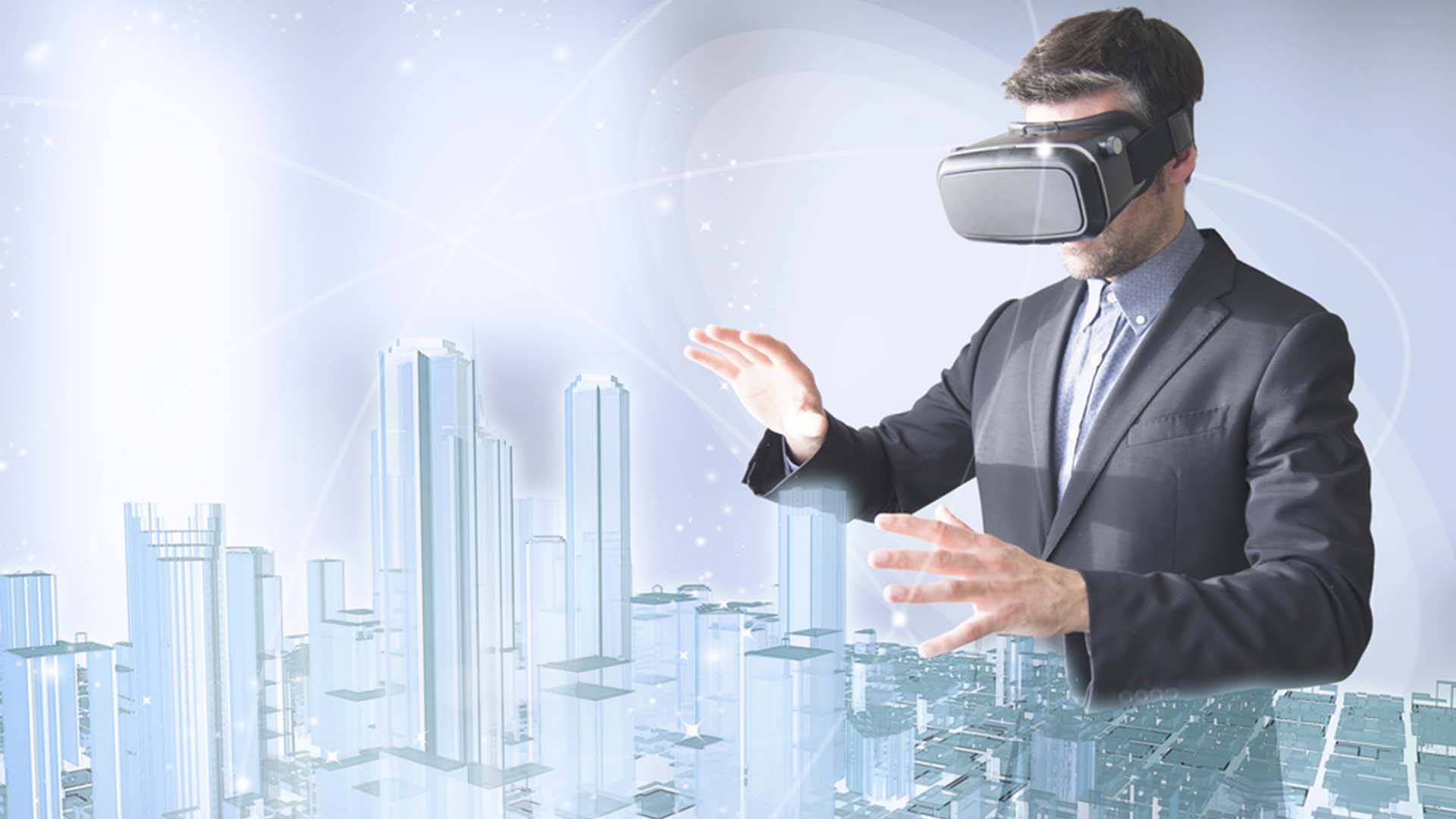
Traditionally, homebuyers were limited to in-person property viewings, but VR has changed the game. Realtors are now offering VR home tours, allowing prospective buyers to explore properties remotely. This technological innovation not only broadens the reach of realtors but also presents an opportunity for developers to save time and costs when bringing a property to market.
Impact of VR on Home Tours:
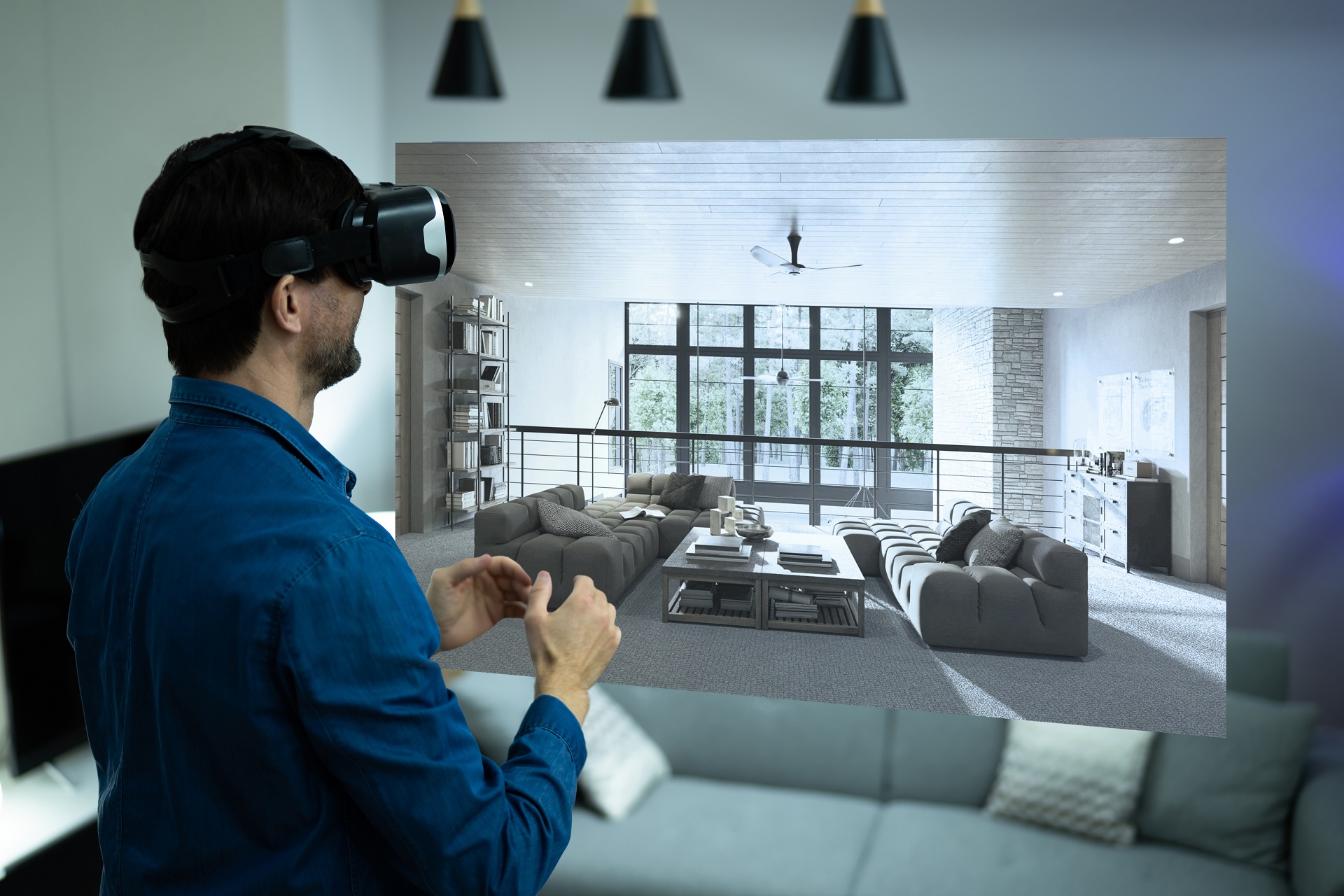
Goldman Sachs reported that in 2020, an estimated 130,000 real estate agents used VR to showcase homes, a trend that gained traction during COVID-19 restrictions. Although virtual tours may not have a lasting impact on home sales, they still hold value in certain areas, influencing the perceived value of listings.
Advantages for Homebuyers:
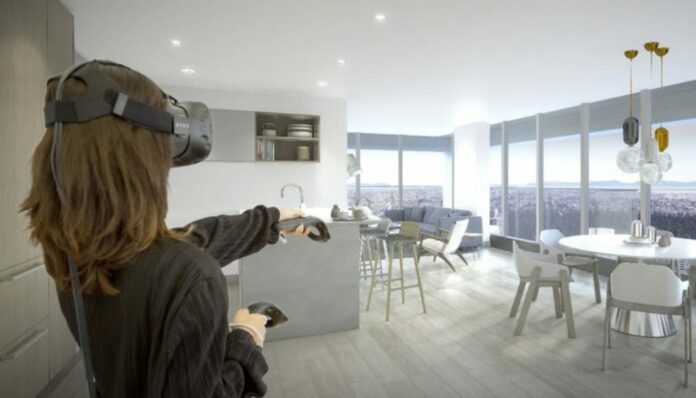
- Touchless Interaction: VR provides a touchless and contactless solution, aligning with safety concerns during the pandemic.
- Efficient Decision-Making: James Bowerman, a real estate agent, underscores how VR expedites the homebuying process by streamlining decision-making.
- Immersive 3D Tours: Platforms like Matterport offer immersive 3D tours that revolutionize the traditional property exploration experience.
- Virtual Exploration: Potential buyers can virtually explore properties, enjoying a realistic and immersive walkthrough without being physically present.
- Geographical Flexibility: VR transcends geographical constraints, allowing buyers to virtually visit properties from anywhere in the world.
- Accelerated Process: The immersive nature of VR accelerates the decision-making process, enabling buyers to quickly assess and shortlist properties.
- Enhanced Perspective: Homebuyers gain a comprehensive and enhanced perspective of properties through VR, reducing the need for multiple physical visits.
- Time Savings: Virtual exploration saves time by eliminating the need for extensive travel to view potential homes, making the process more efficient.
- Remote Accessibility: Buyers can access VR tours remotely, providing flexibility and convenience in their property search.
- Informed Decision-Making: The detailed insights offered by VR tours empower buyers to make informed decisions about property selection.
Time and Cost Efficiency for Developers:
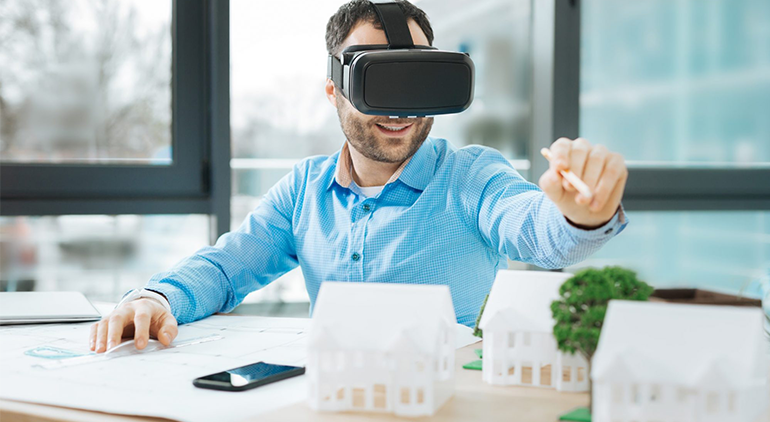
- Reduced Marketing Time: Real estate tech startups such as Yupix utilize VR to decrease the time properties spend on the market, expediting the marketing process.
- 3D Tours with Unreal Engine: Employment of headsets and Unreal Engine to craft 3D tours, enables virtual visits to units and buildings under development, saving time and costs.
- Early Issue Identification: VR technology allows developers to identify and address potential issues early in the development phase, contributing to efficient problem-solving and cost savings.
Challenges and the Future of Proptech:
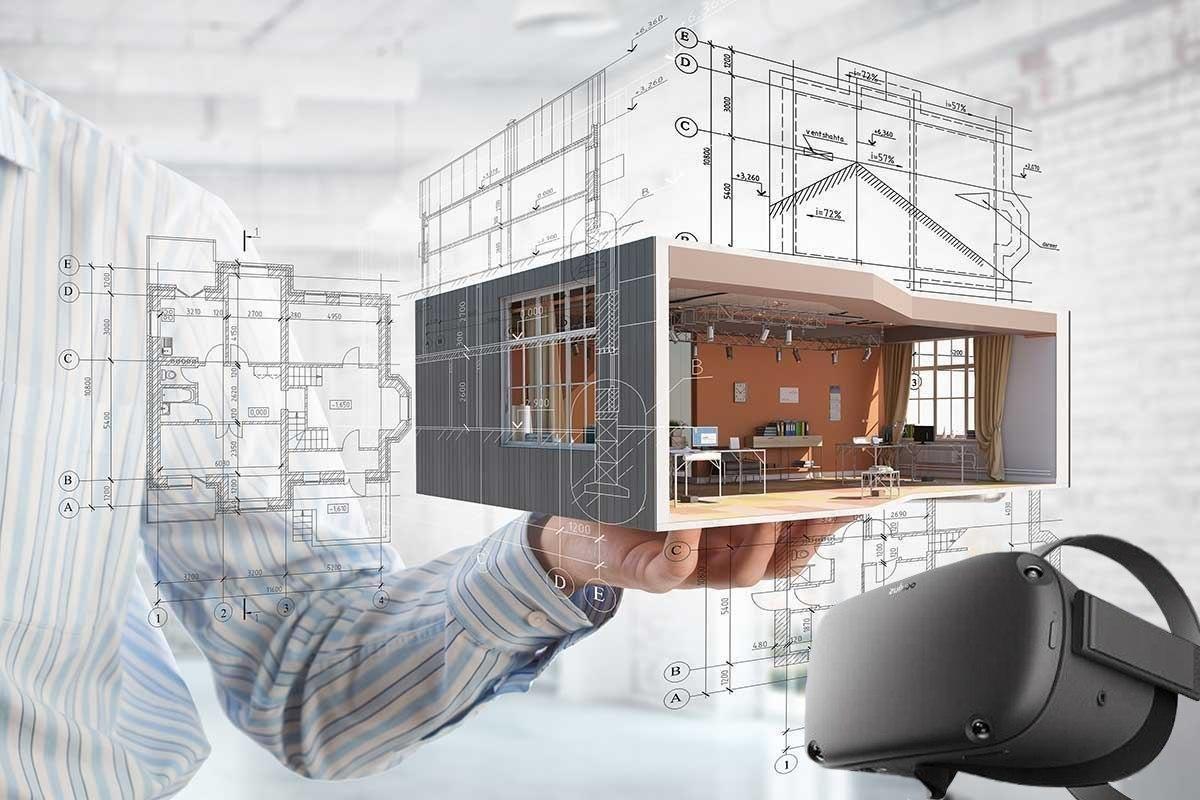
While VR enhances the homebuying experience, challenges persist. Some industry professionals are hesitant to fully embrace this transformative technology, necessitating a shift in mindset. Patricio Navarro, CEO of Yupix, emphasizes that this change is not a mere substitution but a complete overhaul of traditional practices. Despite challenges, proptech (property technology) is gaining momentum, with Navarro asserting that there is "no turning back."
Virtual Tours and Beyond: A Glimpse into the Future:
As real estate adapts to the new normal, VR, along with other technologies like Artificial Intelligence and machine learning, plays a pivotal role in shaping the industry's future. The integration of digital platforms and immersive experiences is creating a seamless connection between realtors and homebuyers.
In conclusion, virtual tours powered by VR technology are not only addressing the current challenges posed by the pandemic but are also reshaping the homebuying landscape. The synergy of data analytics and virtual experiences ensures that homebuyers receive personalized and meaningful insights. The ongoing momentum in proptech signifies a fundamental shift that is here to stay, promising a future where the real estate marketplace will never be the same.









.png)